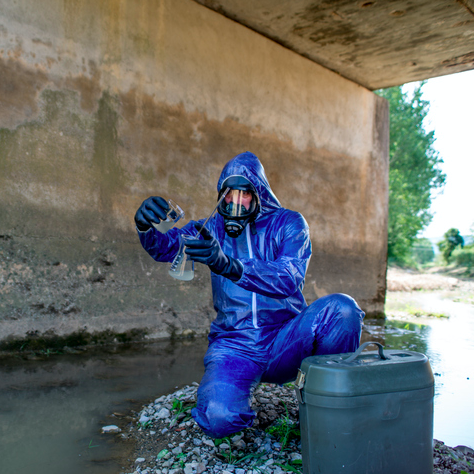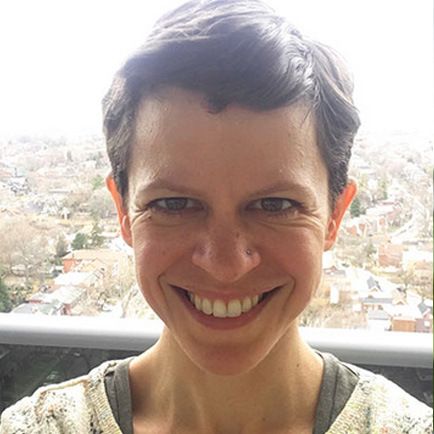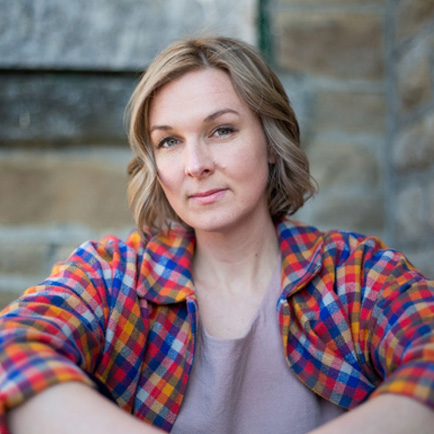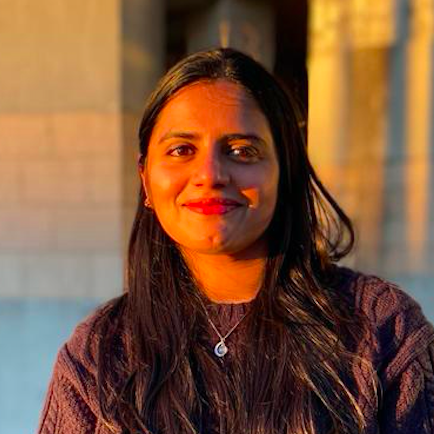
Projects
Wastewater-Based Epidemiology and Urban Governance
Once novel viruses are established within populations, virus hunters are desperate to track their travels and evolutions, especially in densely populated areas such as cities. New start-up biotechnology firms like the US-based BioBot are hunting coronaviruses in cities using biomarkers from municipal sewage, and are expanding their wastewater epidemiology techniques to assess new viral threats across the globe, from Kuwait to South Korea. Indeed, while wastewater-based epidemiology has existed for decades, this method of tracking disease has taken off in the COVID-19 pandemic and become increasingly normalized.
Webinars & Talks
Check out the participation of Dr. Mohammed Rafi Arefin and Dr. Carolyn Prouse in the National Science Foundation Research Coordination Network (NSF RCN) webinar on wastewater-based epidemiology, which took place on February 5th, 2024.
In March 2022, the Water Environment Federation hosted the Wastewater Disease Surveillance Summit in Cincinnati, Ohio. This summit was one of the first conferences in the water industry to focus on surveillance for tracking population health rather than traditional topics like water quality. The event brought together experts from various disciplines to share experiences in wastewater surveillance, epidemiology, and intelligence, which involves examining microbial life and chemical compounds in sewage as biomarkers of human and environmental health. Once considered potentially harmful or worthless, sewage materials are now considered valuable public health information sources. While wastewater surveillance has been used on a smaller scale for diseases like polio for decades, its robust and scalable application for COVID-19 trends emerged in 2020.
Project Goals
- Investigate new forms of governance (such as Smart Cities governance) emerging from the developments in Wastewater-Based Epidemiology and wastewater surveillance
- Trace new landscapes of valuation created through disease surveillance
- Analyze the different forms of labour (and labour concerns) associated with monitoring wastewater
- Identify data inequities and work towards a data justice framework for wastewater surveillance
Publications & Reports
Check out Rafi and Chris’ interview discussing The Murky Ethics of Wastewater Surveillance [link here]. In this Science History article, their research into the history of wastewater surveillance (and its ethical concerns) helps establish some of the stakes of contemporary surveillance measures.
Check out Rafi, Chris, and Carolyn’s recent The Conversation piece to better understand some of the stakes of WBE and wastewater surveillance, especially near source testing and using dorms and prisons as sites of experimentation for developing this technique. Find it here: https://theconversation.com/targeted-wastewater-surveillance-has-a-history-of-social-and-ethical-concerns-183570
Check out Carolyn’s recent Skeleton Press piece on wastewater surveillance and data justice in Kingston, Ontario. Find it here: https://skeletonparkartsfest.ca/the-skeleton-press/ (issue 11, p. 7)
Check out Josie’s piece in The Conversation to understand the implications of data-centric waste technologies for women waste pickers in India. Find it here: https://theconversation.com/smart-city-technologies-pose-serious-threats-to-women-waste-workers-in-india-182365
Project Overview
This new form of biosurveillance marks distinct geographical and temporal shifts from previous biosecurity eras. Whereas waste has historically been considered a source of pathogenic threat to humans, present security efforts are recasting it as vital sources of data and even value for the companies engaged in monitoring efforts.
These advances, however, raise important questions. WBE is being used to control migrant labourers’ movements and restrict them to their dormitories in Singapore; the technology has long been rolled out in various prisons to detect for opioid usage and, now, COVID-19; and this ‘cost-effective’ surveillance is being normalized in the wake of decreased public spending on robust PCR testing and more precautionary approaches such as masking.
Project Team

Dr. Mohammed Rafi Arefin

Dr. Carolyn Prouse

Dr. Josie Wittmer
Vanessa Koetz

Monique Assunção

Amrita Nair
Project Funders
- SSHRC Insight Grant
- Urban Studies Foundation Pandemics and Cities Grant
- UBC Peter Wall Institute for Advanced Studies Grant
Invitation to Contribute
If you’d like to contribute to this project, please get in touch! We’re particularly interested in hearing and learning from people, organizations, and neighbourhoods who are concerned about the sometimes-opaque ways in which their data is being collected and used. You can find us here.